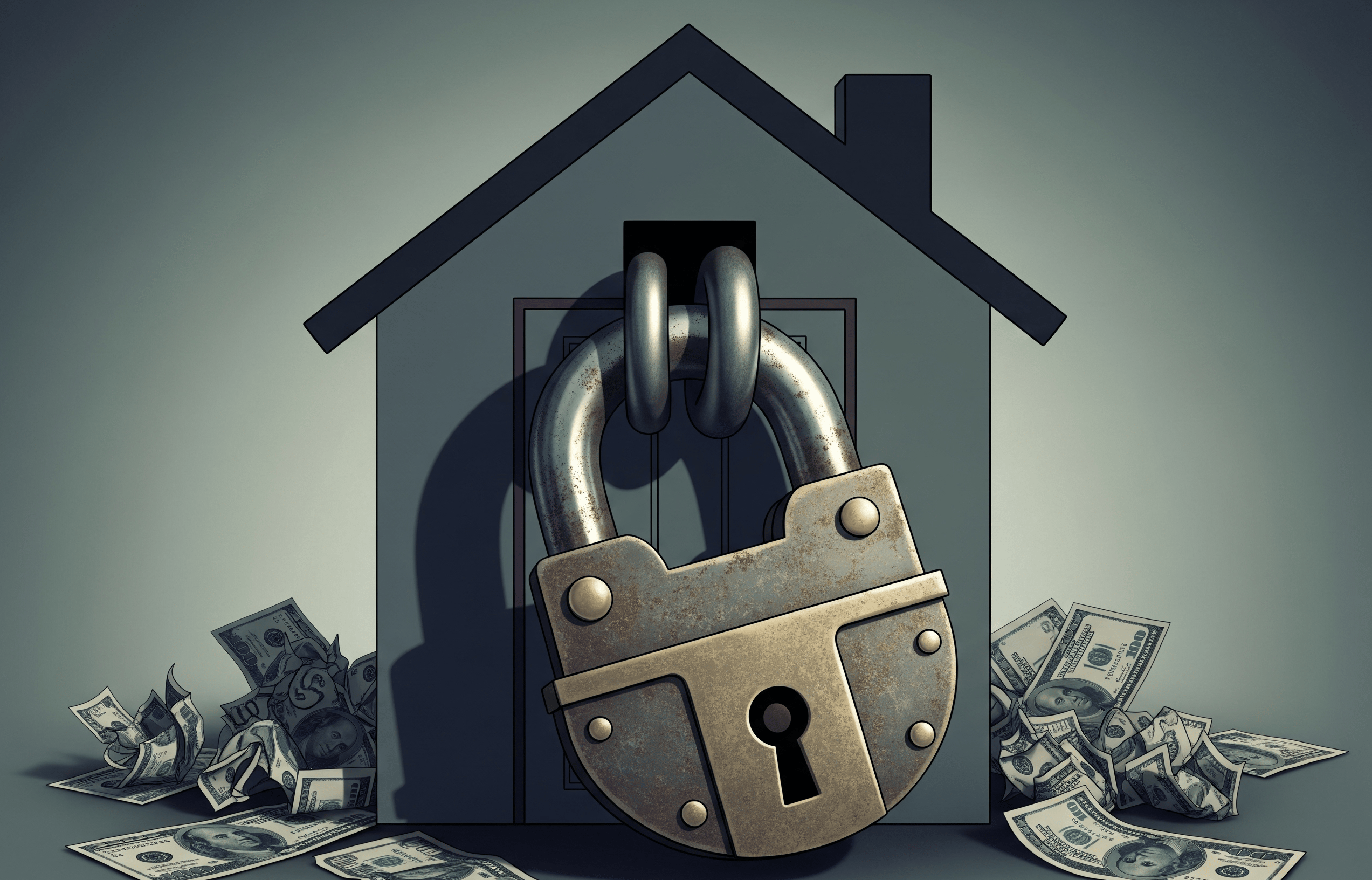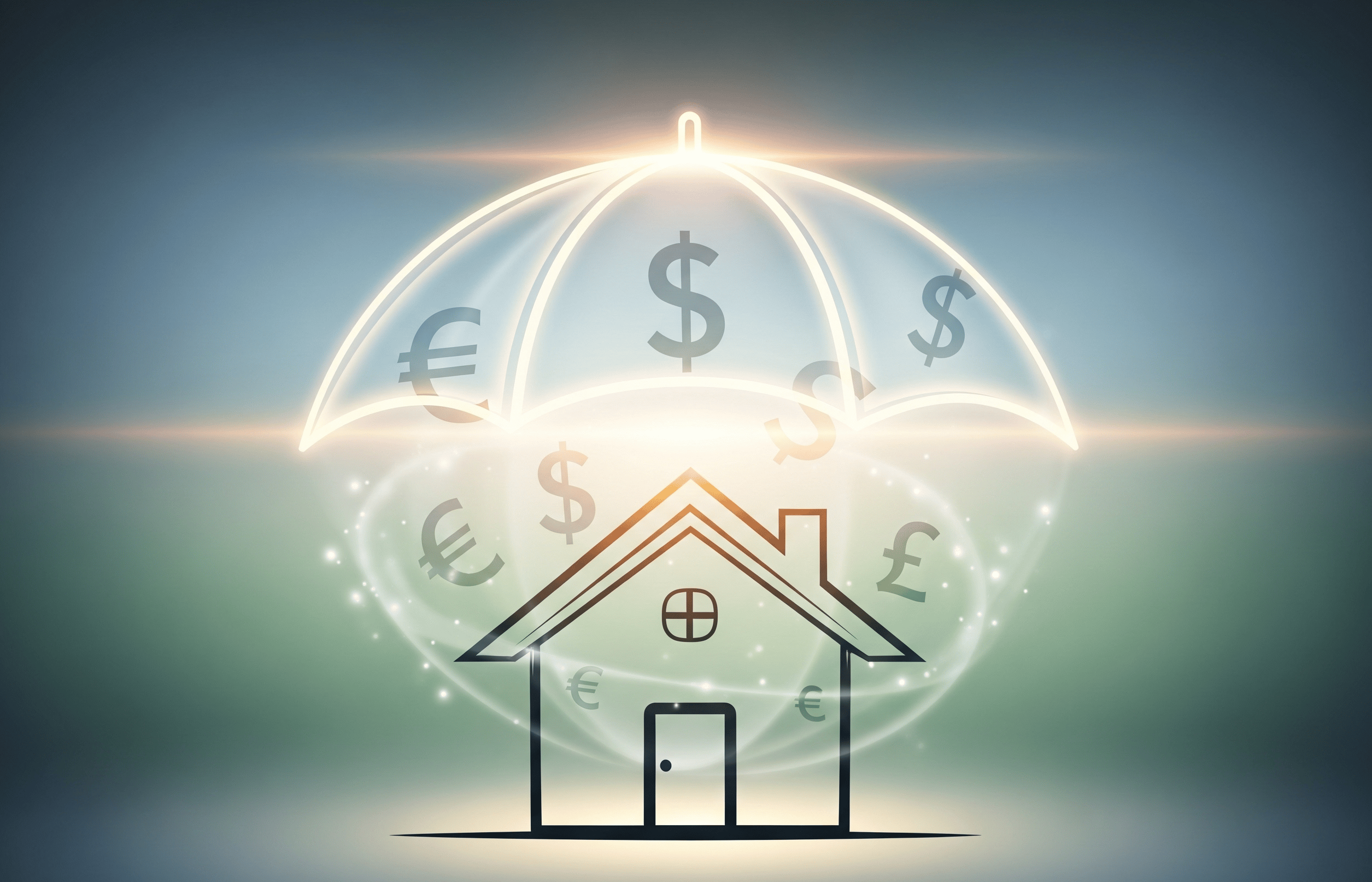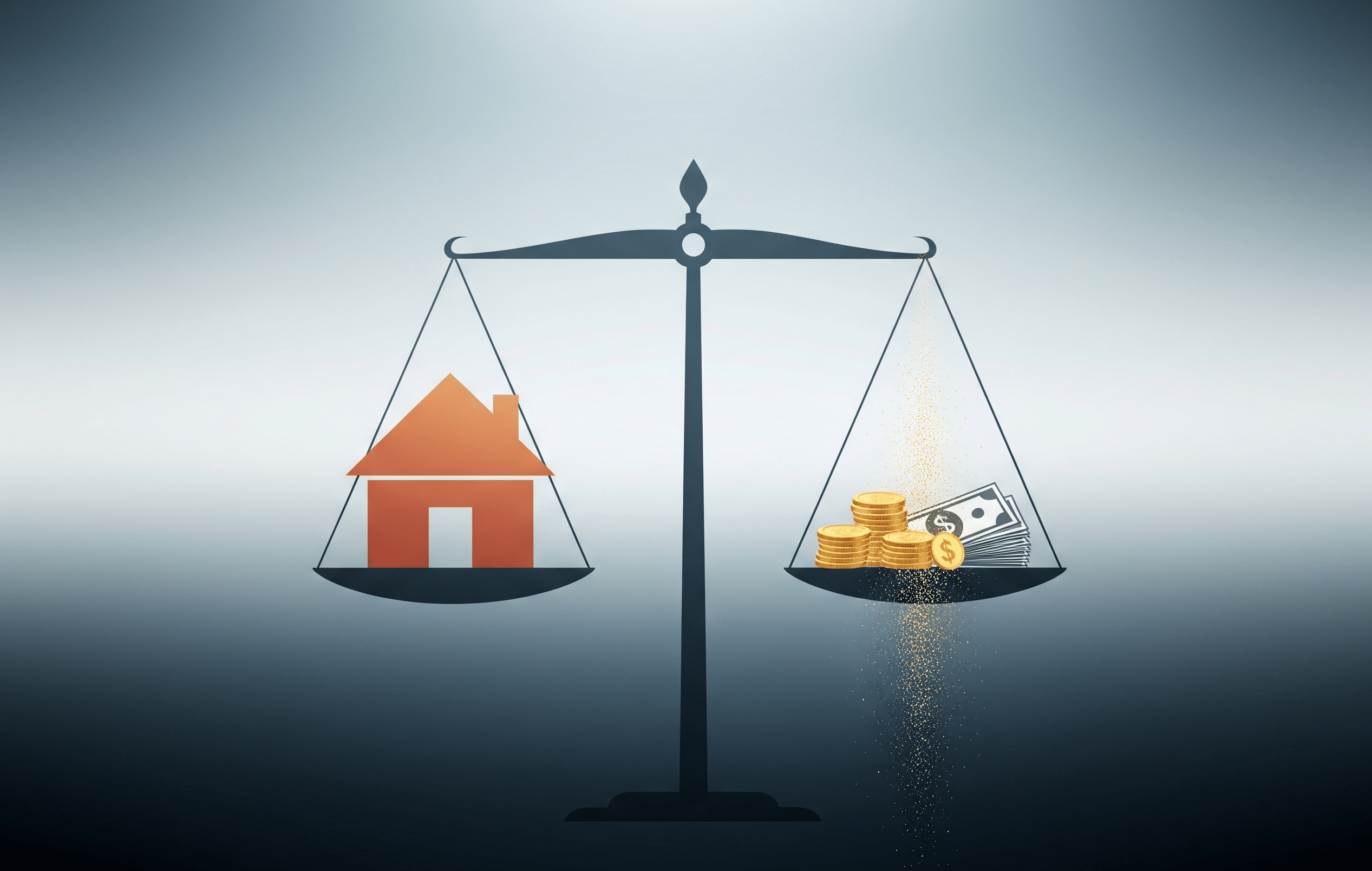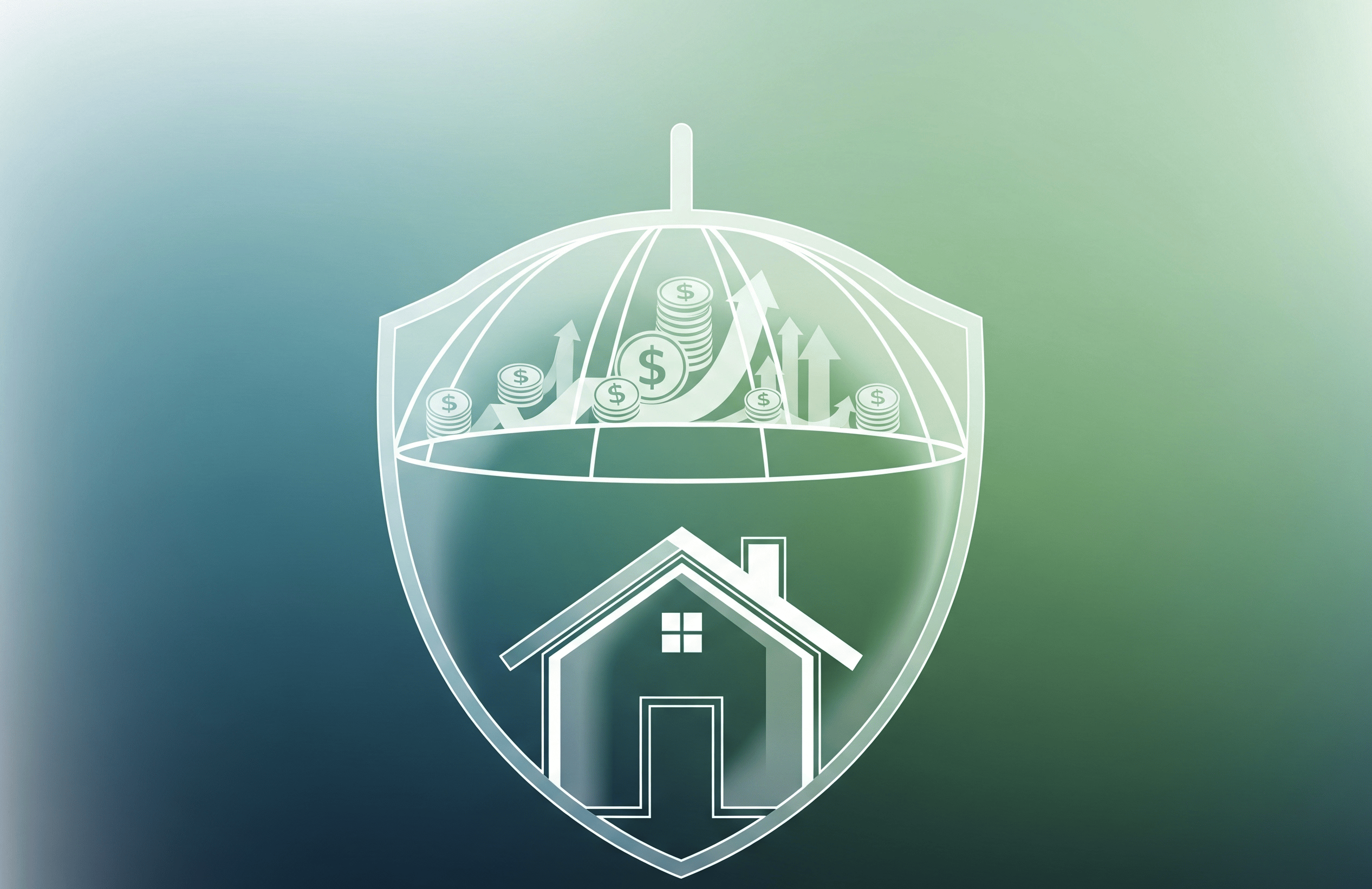By: Aimee Cheng (Plant mom, dog lover, and passionate advocate for financial independence)
Date: 5/1/2025
Table of Contents
- What Is a Reverse Mortgage?
- How Does a Reverse Mortgage Work?
- Who Qualifies?
- Benefits and Risks of Reverse Mortgages
- A Real-Life Example: Judith’s Story
- Reverse Mortgages vs. Credit-Building Options
- Final Note
What Is a Reverse Mortgage?
A reverse mortgage is a loan that allows homeowners 62 or older to borrow against their home’s equity. Instead of making payments, borrowers receive money—either monthly, in a lump sum, or as a credit line. The most common version is the Home Equity Conversion Mortgage (HECM), backed by the Federal Housing Administration (Investopedia).
The loan is repaid when the borrower moves out, sells the home, or passes away. Until then, interest adds up and the balance grows. Borrowers still own their home and must pay property taxes, insurance, and upkeep (Consumer Financial Protection Bureau).
How Does It Work?
Unlike a traditional mortgage where the borrower makes payments to the lender, in a reverse mortgage the lender pays the borrower. The payment can come in several forms: a lump sum, a monthly payout, a line of credit, or a combination of these.
The homeowner continues to own the home and is responsible for paying property taxes, homeowners insurance, and maintenance. The loan balance increases over time, since interest is added each month and no payments are made on the principal. When the loan becomes due—usually when the borrower moves or dies—the home is sold and the proceeds go toward repaying the loan. If the home sells for more than the amount owed, the remaining equity goes to the homeowner or their heirs.

Who Qualifies?
To be eligible for a HECM reverse mortgage, a person must:
- Be at least 62 years old
- Own their home outright or have a low mortgage balance
- Live in the home as their primary residence
- Complete HUD-approved counseling
- Be able to maintain the home and pay ongoing taxes and insurance
Homes must also meet certain criteria. They must be single-family homes or HUD-approved condominiums. Mobile homes and vacation properties don’t qualify.
Benefits and Risks of Reverse Mortgages
The main benefit is cash access without selling the home. This can be helpful for retirees who have limited income but significant home equity. There's no monthly repayment, which can relieve financial stress.
However, there are downsides. Reverse mortgages often come with high fees, closing costs, and compounding interest (CBS News). The loan reduces the amount of equity left to heirs. If the homeowner fails to pay taxes or maintain the property, they could still face foreclosure.
A recent trend shows growing concern over misleading advertising or lack of understanding around reverse mortgages (Consumer Financial Protection Bureau). That’s why clear financial education is essential before considering one.
A Real-Life Example: Judith’s Story
Judith Martinez, 68, is a retired teacher living in Albuquerque. She owns her home and lives on a modest pension and Social Security. Inflation and medical bills are straining her budget, and she’s started looking into reverse mortgages.
Judith sees the appeal—she could afford home repairs and visit her grandkids. But she’s careful. She learns she’d still be responsible for taxes and maintenance, and using up her equity now would mean less to pass down later.
Her story reflects how reverse mortgages can provide relief and flexibility, but also reduce long-term security. For many like Judith, this decision takes time, education, and a clear understanding of trade-offs.
Reverse Mortgages vs. Credit-Building Options
Reverse mortgages aren’t designed to build credit. In fact, they don’t show up as active credit lines on your report and won’t help improve your credit score. For older homeowners with poor or thin credit, this can be a drawback if they still want access to other financial products like personal loans or lower-interest credit cards.
If building or improving credit is a goal, tools like Cheers Credit Builder are better aligned. Instead of using home equity, Cheers allows users to build more payment history (35% of your FICO® score¹) by saving small amounts monthly. Your monthly payment activity² is reported to all three major credit bureaus—Experian, Equifax, and TransUnion.
Final Note
This content is for informational purposes only and does not constitute financial advice. Please consult a licensed financial advisor or tax professional before making any financial decisions.
A reverse mortgage may offer comfort to homeowners like Judith—but it isn’t the only solution. If building credit and saving money are priorities, consider safer and simpler tools like Cheers Credit Builder to move forward with confidence.
(The opinions expressed in this article are the author’s own and do not reflect the view of Sunrise Banks³.)
References:
- Investopedia – https://www.investopedia.com/terms/h/hecm.asp
- Consumer Financial Protection Bureau – https://www.consumerfinance.gov/ask-cfpb/what-is-a-reverse-mortgage-en-224/
- CBS News – https://www.cbsnews.com/news/what-are-the-biggest-disadvantages-of-a-reverse-mortgage/#:~:text=High%20fees%20and%20interest%20costs,faster%20than%20many%20homeowners%20anticipate.
- Consumer Financial Protection Bureau – https://www.consumerfinance.gov/about-us/newsroom/cfpb-study-finds-reverse-mortgage-advertisements-can-create-false-impressions/
- Experian – https://www.experian.com/
- Equifax – https://www.equifax.com/
- TransUnion – https://www.transunion.com/
1 FICO® Credit Factors:
According to FICO®, 35% of your credit score is based on payment history, and 10% is based on credit mix. Cheers reports every payment and adds a secured installment loan to your profile. Source: myFICO: https://www.myfico.com/credit-education/whats-in-your-credit-score
² Payment activity:
All payment activity is reported to the credit bureaus. On-time payments may help build your credit, while late or missed payments may negatively impact it. Results are not guaranteed and depend on your individual financial behavior and credit profile.
³ Sunrise Banks:
Cheers is a financial technology company and not a bank. Banking services are provided by Sunrise Banks N.A. Your funds are FDIC insured up to $250,000 through Sunrise Banks, N.A., Member FDIC. Results are not guaranteed. Improvement in your credit score is dependent on your specific situation and financial behavior. Failure to make monthly minimum payments by the payment due date each month may result in delinquent payment reporting to credit bureaus, which may negatively impact your credit score. This product will not remove negative credit history from your credit report. All loans are subject to approval. Must be at least 18 years old, have a valid U.S. bank account, and a Social Security Number.

















